By Philip Appleman
(the way bed is in winter, like an aproned lap,
like furry mittens,
like childhood crouching under tables)
The Ninth Day of Xmas, in the morning black
outside our window: clattering cans, the whir
of a hopper, shouts, a whistle, move on …
I see them in my warm imagination
the way I’ll see them later in the cold,
heaving the huge cans and running
(running!) to the next house on the street.
My vestiges of muscle stir
uneasily in their percale cocoon:
what moves those men out there, what
drives them running to the next house and the next?
Halfway back to dream, I speculate:
The Social Weal? “Let’s make good old
Bloomington a cleaner place
to live in—right, men? Hup, tha!”
Healthy Competition? “Come on, boys,
let’s burn up that route today and beat those dudes
on truck thirteen!”
Enlightened Self-Interest? “Another can,
another dollar—don’t slow down, Mac, I’m puttin’
three kids through Princeton?”
Or something else?
Terror?
A half hour later, dawn comes edging over
Clark Street: layers of color, laid out like
a flattened rainbow—red, then yellow, green,
and over that the black-and-blue of night
still hanging on. Clark Street maples wave
their silhouettes against the red, and through
the twiggy trees, I see a solid chunk
of garbage truck, and stick-figures of men,
like windup toys, tossing little cans—
and running.
All day they’ll go like that, till dark again,
and all day, people fussing at their desks,
at hot stoves, at machines, will jettison
tin cans, bare evergreens, damp Kleenex, all
things that are Caesar’s.
O garbage men,
the New Year greets you like the Old;
after this first run you too may rest
in beds like great warm aproned laps
and know that people everywhere have faith:
putting from them all things of this world,
they confidently bide your second coming.
Philip Appleman, “To the Garbage Collectors in Bloomington, Indiana, the First Pickup of the New Year” from New and Selected Poems, 1956-1996. Copyright © 1996 by Phillip Appleman.

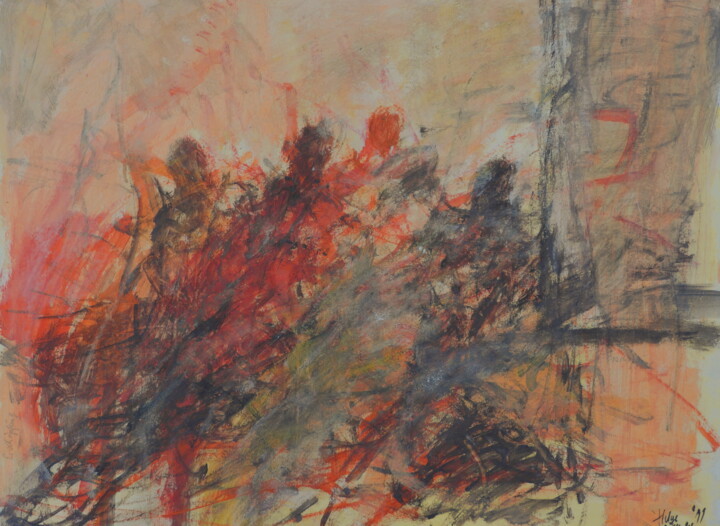
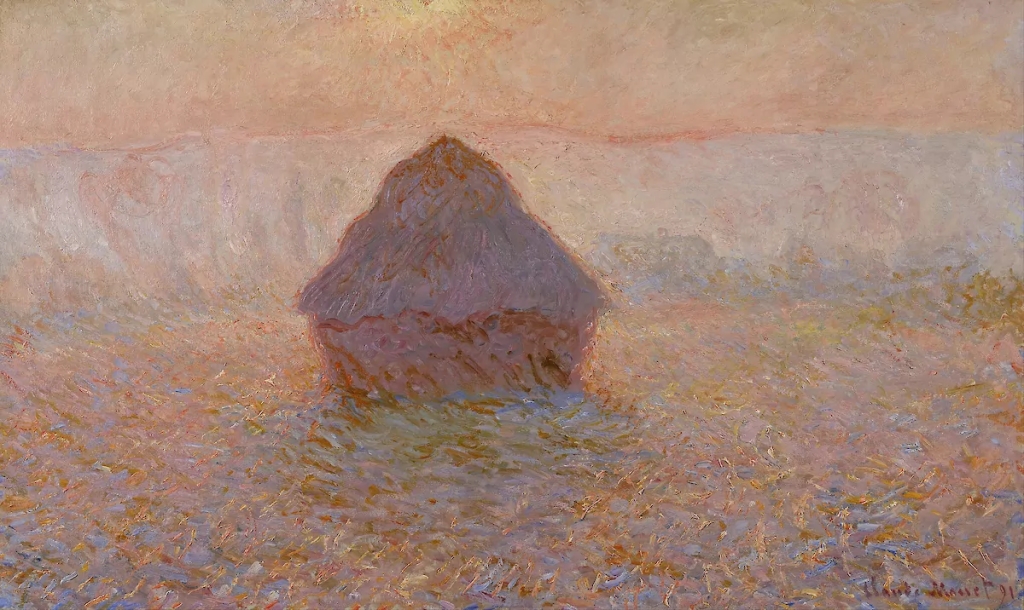
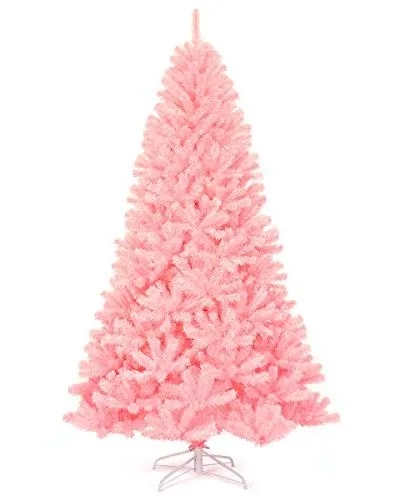
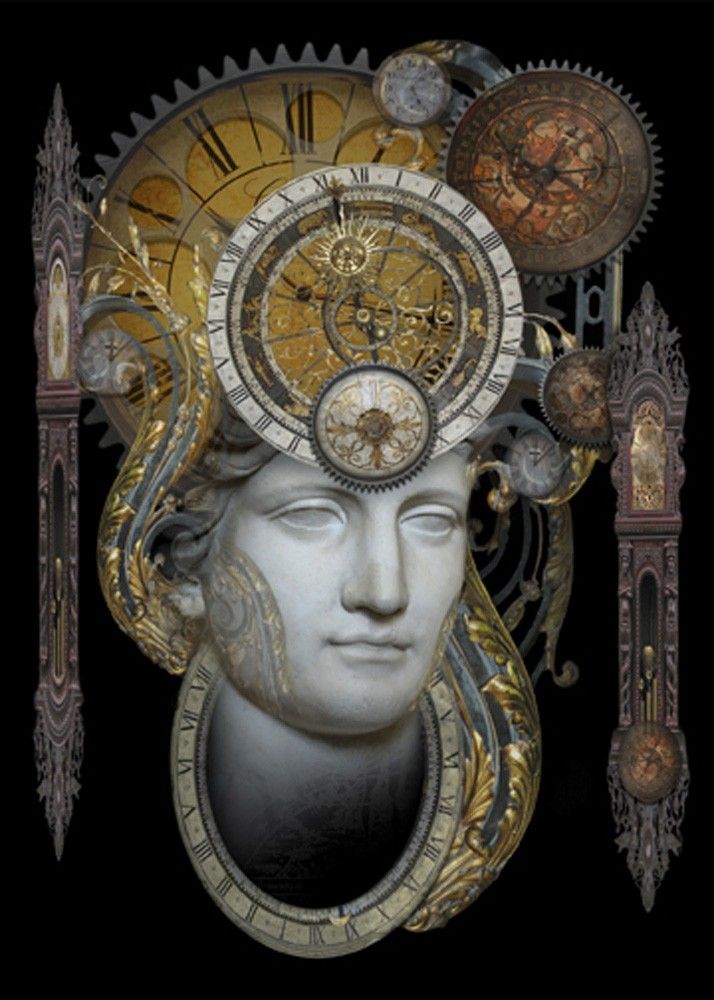
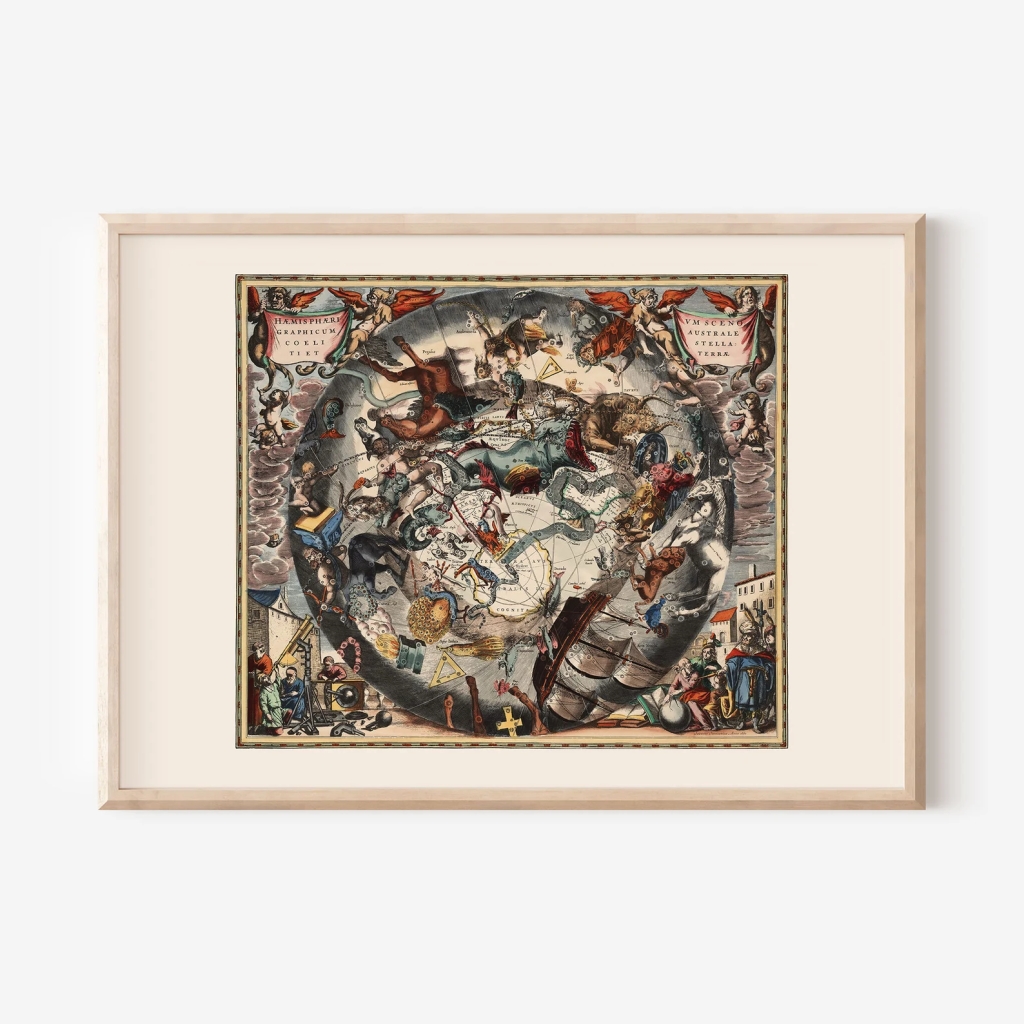
You must be logged in to post a comment.